Only a few years ago, an array of EV startups appeared poised to revolutionize the auto industry. Today, many have vanished while others struggle for survival. There have been a few success stories but the shakeout is likely to continue.
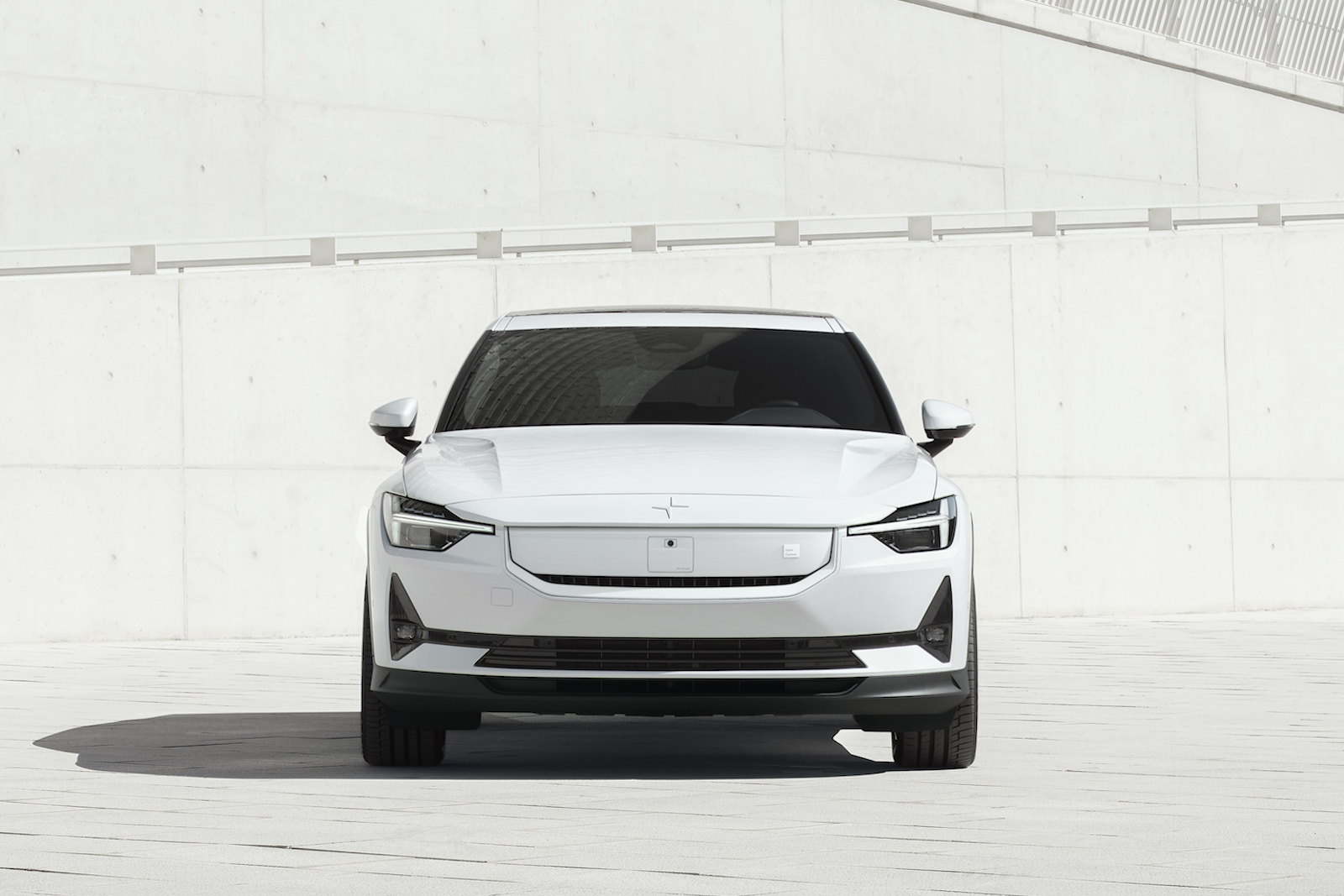
Polestar revealed it will deliver even fewer vehicles — about 60,000 — this year than earlier predicted.
All-electric startup Polestar will deliver far fewer vehicles this year than originally forecast, and officials acknowledged the carmaker’s margins will fall short of previously optimistic forecasts, as well.
The Volvo spinoff now expects to hand over 60,000 vehicles to customers in the 27 global markets where it competes. It began the year anticipating the number would reach a record 80,000, then cut that to 70,000 just last month. Meanwhile, the EV price war triggered by Tesla earlier this year forced Polestar officials to halve the once-promising margins they originally forecast for 2023.
But Polestar is far from unique. Lucid on Tuesday said its deliveries could fall short of its original target by up to 20%, with third-quarter revenues failing to meet analysts’ expectations. With only a handful of exceptions, things have gotten tough for new EV makers, several now struggling to survive. But even Tesla has lost momentum as the market for battery-electric vehicles flattens out, industry observers point out.
A rare opportunity
Only a few years ago, analysts saw a rare opportunity for nascent EV companies to crack into a traditionally closed automotive market. Tesla was the first to gain traction, appealing to early adopters seeking cleaner alternatives to the internal combustion engine. Today, the automaker operates a growing manufacturing network with two assembly plants in the U.S., another in China and a fourth in Germany.
It’s been followed by an assortment of other EV startups, including Lucid, which operates an all-new assembly plant in Casa Grande, Arizona, as well as Rivian, which produces both light trucks, SUVs and commercial vans out of an old Mitsubishi plant in Normal, Illinois. The Polestar 2 EV is assembled in China, though the automaker plans to add production at a Volvo plant in South Carolina.
The window closes
But despite announcing production plans, several other startups have yet to produce a single vehicle. That includes a slew of once-promising brands such as Canoo and Faraday Future. Industry watchers give both only the slightest chance of actually surviving their current problems.
“Trying to scale up to manufacture a complex machine is very difficult as the upstarts have become aware,” Sam Abuelsamid, principal auto analyst with Guidehouse Insight told Headlight.News.
Even with enough cash to get into production, there is no guarantee of finding a market, Abuelsamid cautioned, and many of these companies are rapidly running out of cash. Canoo, for one, warned investors earlier this year that it wouldn’t have the necessary funds, and Faraday has had only modest success generating a new infusion of capital. While both continue to insist they are planning to launch production, few observers expect that to happen.
A lifeline for Lucid
Lucid was able to secure a lifeline in June, a $3 billion bailout led largely by Saudi Arabia’s sovereign investment fund which is now the EV manufacturer’s largest investor. At the time, the automaker said this would provide enough of a financial cushion to continue on through 2025 without needing additional funding. But its third-quarter earnings report has raised some red flags.
Lucid reported sales of just $137.8 million, while analysts had a consensus forecast of $183.8 million, according to LSEG. While it did manage to beat the forecast with a per-share loss of 28 cents — compared with a consensus expectation of 35 cents — it still saw its cash reserves slide to $7.94 billion for the latest quarter. They stood at $9.26 billion in the preceding three months.
Most worrisome for investors, Lucid said it now expects to produce only 8,000 to 8,500 of its Air sedans this year, down from the original 10,000 it had promised. Analysts blame several issues, including the high cost of the EV, which runs to as much as $179,000. As well as the lack of an SUV. Lucid’s first, dubbed Gravity, will make its debut at the LA Auto Show next week and only go into production for the 2025 model year.
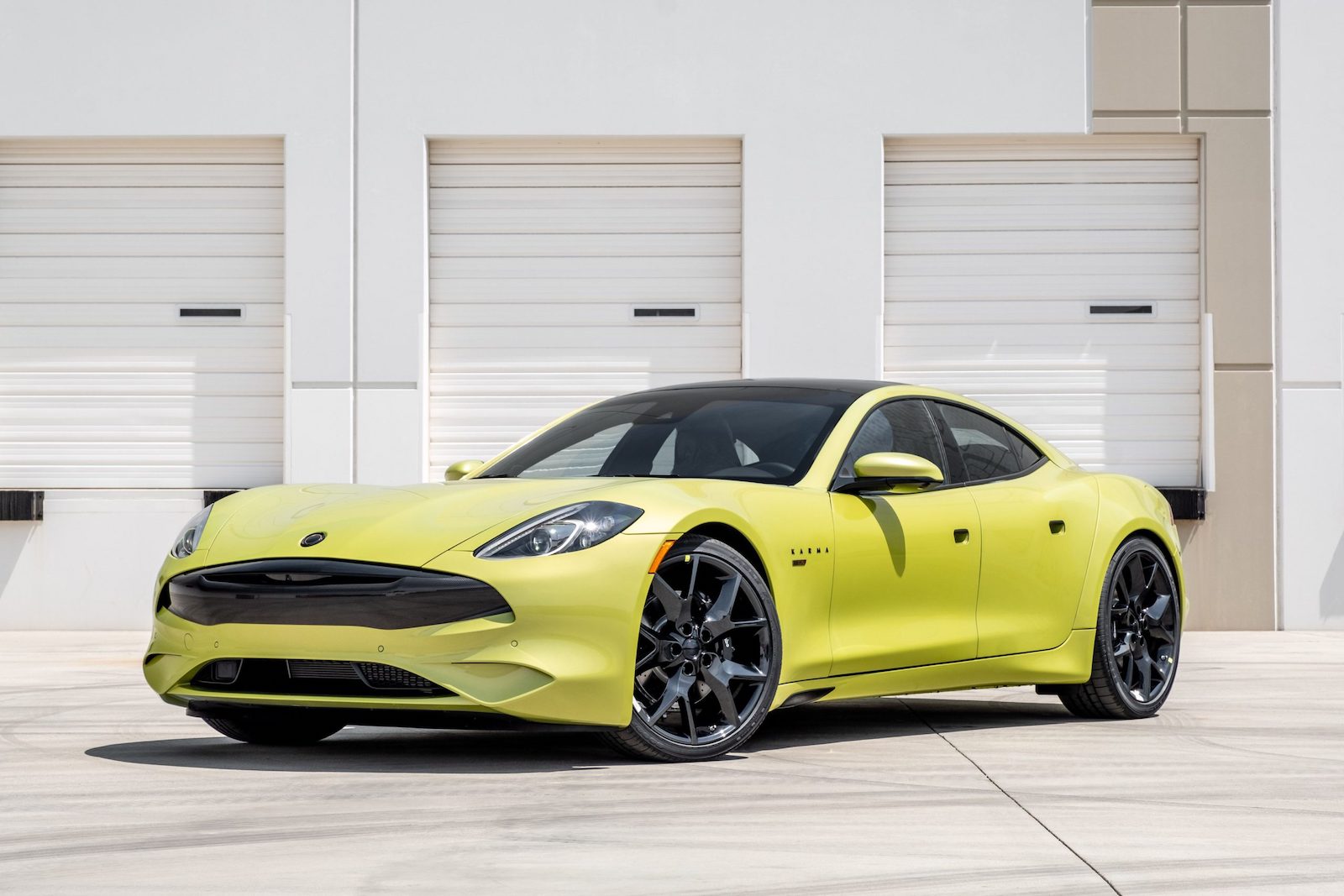
Karma rose from the ashes of bankruptcy to begin producing more sports cars, including the GS-6, above.
No instant Karma
Chinese-owned Karma is another struggling brand, though the California-based EV manufacturer this week showed several new products it hopes will give it new momentum.
Then there’s VinFast, Vietnam’s first homegrown auto company. It made the switch to all-electric propulsion last year and has delivered several thousand of its midsize VF 8 SUVs to North America. But it’s been beset by a wave of problems, including delays delivering those vehicles to customers, as well as generally negative reviews of the VF 8 that have apparently turned off many potential buyers.
VinFast CEO Lê Thị Thu Thủy remains upbeat — at least publicly — promising to fix problems with the brand’s first EV and to launch several additional models by early next year. She called the company’s SPAC merger in June a “milestone,” and insisted the company has more than enough cash to move forward. It’s now setting up an assembly plant in North Carolina, though some analysts question whether it will ever go into production.
EV market goes flat
A variety of issues have stalled momentum for EV wannabes. For one thing, after growing by more than 800% between 2019 and early this year, the EV market share has flattened out at around 8.5%, noted J.D. Power’s data and analytics chief Tyson Jominy.
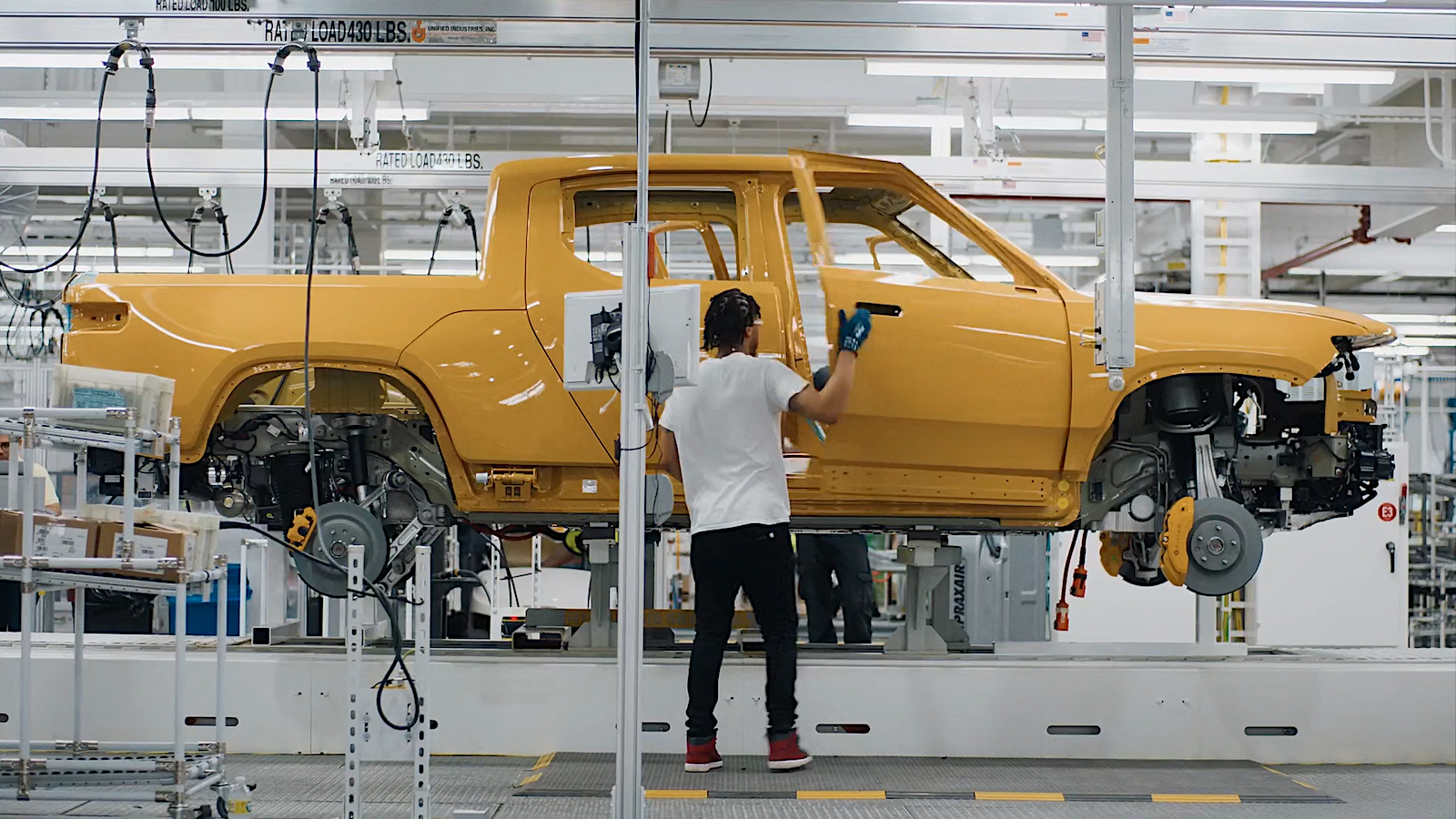
Rivian officials said the company will produce about 2,000 more vehicles this year than forecast earlier.
Not only are the startups struggling for a piece of the pie but so are established manufacturers like General Motors, Ford, Toyota and Volkswagen. The number of EV models available in the U.S. has more than quadrupled during the past four years, noted Jominy, with plenty more coming in 2024, he said. Lucid’s new Gravity will vie for consumer dollars against products like the Chevrolet Blazer EV and Equinox EV, as well as the Honda Prologue and Acura ZDX.
A rare success story
The startup segment isn’t without its success stories. After facing a series of setbacks, Rivian now seems to be bucking the downward trend. As it announced third-quarter earnings this week, the company said strong demand has it boosting production of both its retail models — the R1T pickup and R1S SUV — as well as its commercial delivery vans.
As Headlight.News previously reported, Rivian is upping its production forecast for this year by 2,000 units, and it sees more upside opportunity ahead, with potential new clients showing interest in its EV vans. Currently, it has a major commitment to supply Amazon’s Prime service.
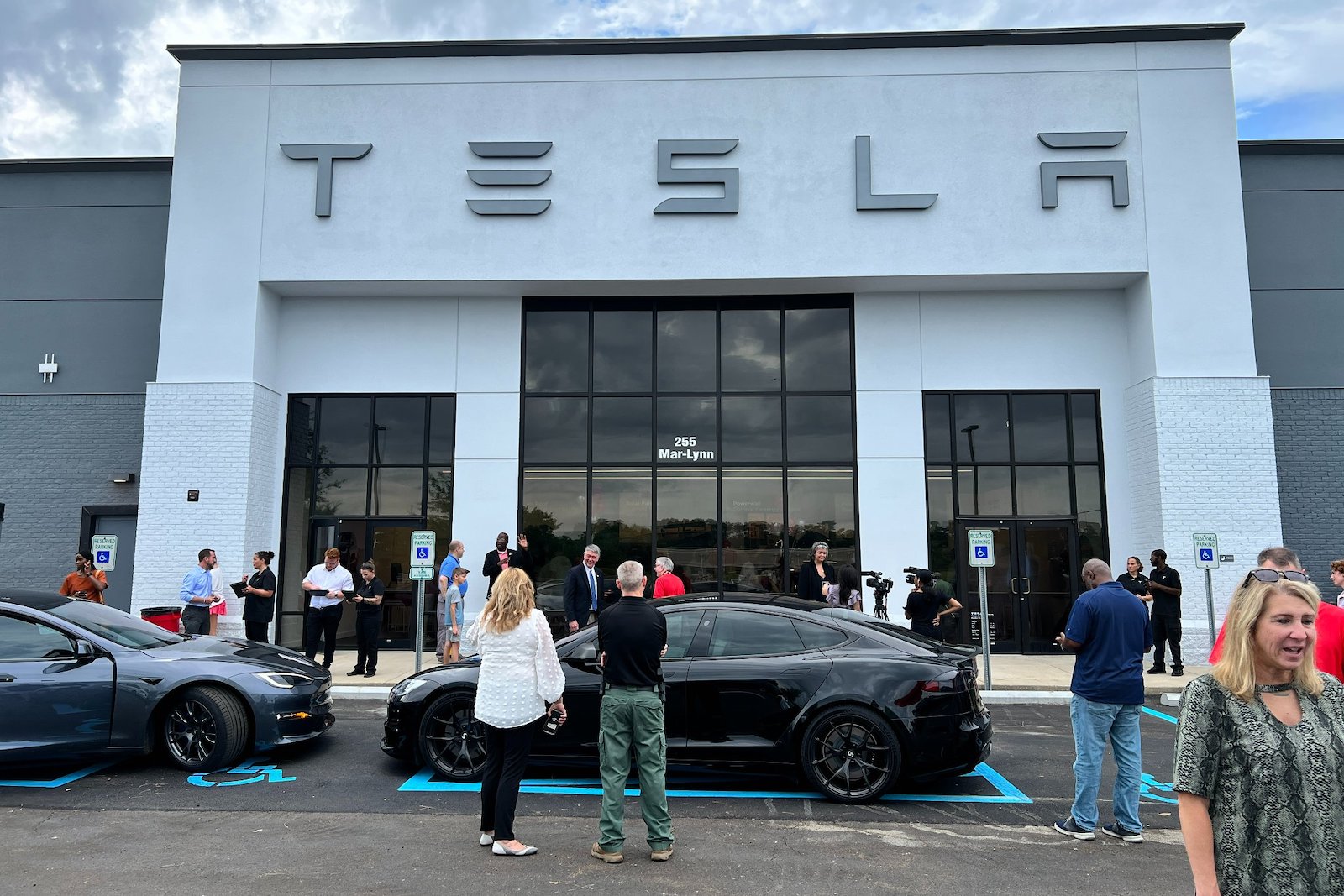
Tesla has cut prices repeatedly this year and analysts expect another reduction after a weak third quarter.
“I’m actually surprised to be honest at how much we’ve seen others pull back,” Rivian Chief Executive RJ Scaringe told Reuters, noting that even established automakers are rethinking their EV plans. Ford plans to slow about $12 billion in EV investments, GM delaying the reopening of an EV plant near Detroit while it “reevaluates” the overall market.
Even Tesla is having a tough time
It doesn’t help inspire confidence, however, that even the EV market giant Tesla is running into headwinds. Deliveries fell short of expectations during the third quarter, sliding 7%. That helped drag down earnings, sending the automakers stock tumbling. It didn’t help that Tesla’s once-enviable margins have also been hammered by the price cuts it’s announced this year. And there are widespread expectations the automaker will announce new cuts to rebuild demand in the coming weeks.
Thos price cuts have played a major in the overall health of the EV market. Ford, for one, responded by trimming the price of its F-150 Lightning pickup by as much as $10,000. During the automaker’s third-quarter earnings call, CEO Jim Farley revealed that Ford is losing about $37,000 for each EV it sells.
Such numbers are tough for even the most established automaker to swallow. For struggling EV startups, the current climate is proving too tough for many to handle.


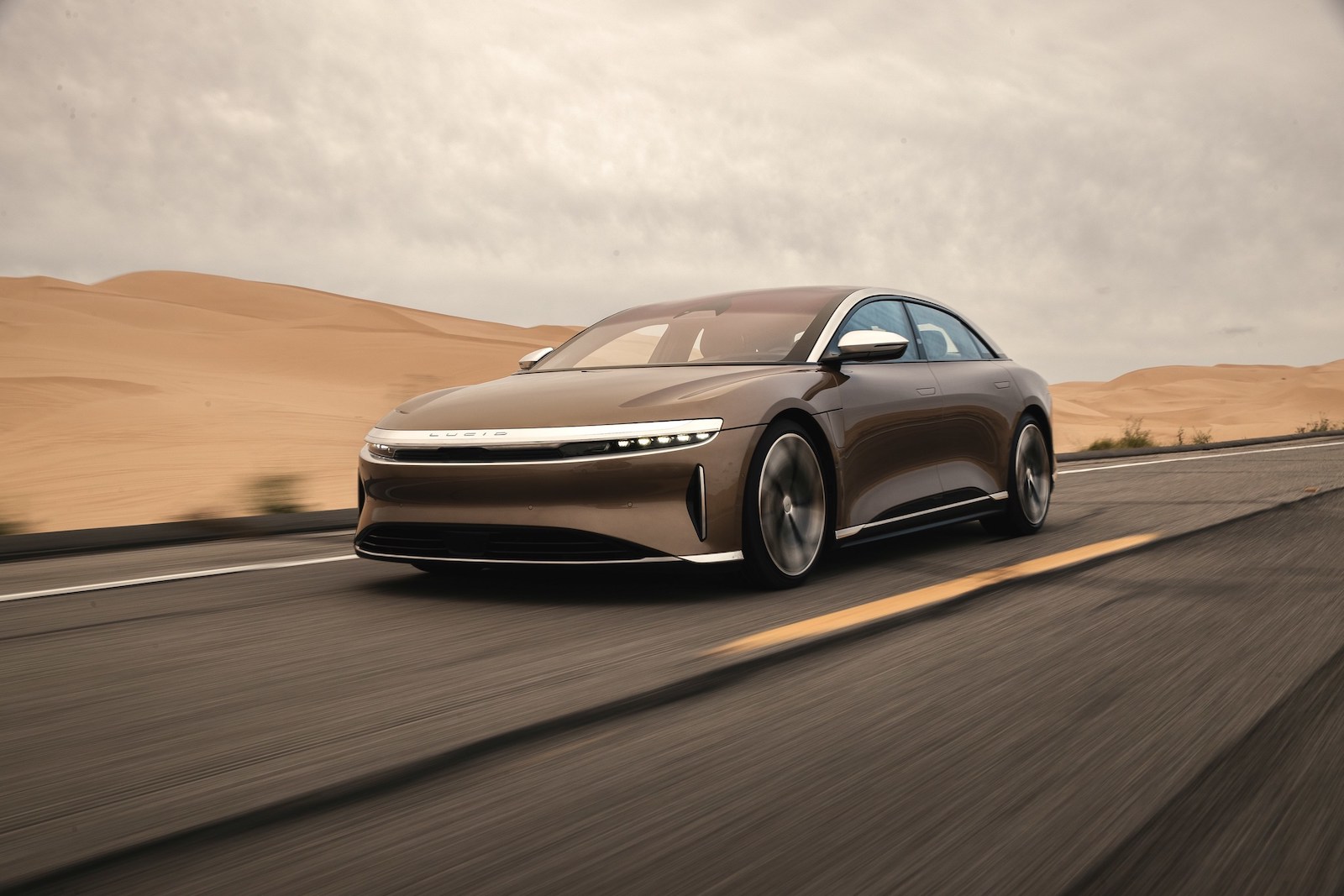
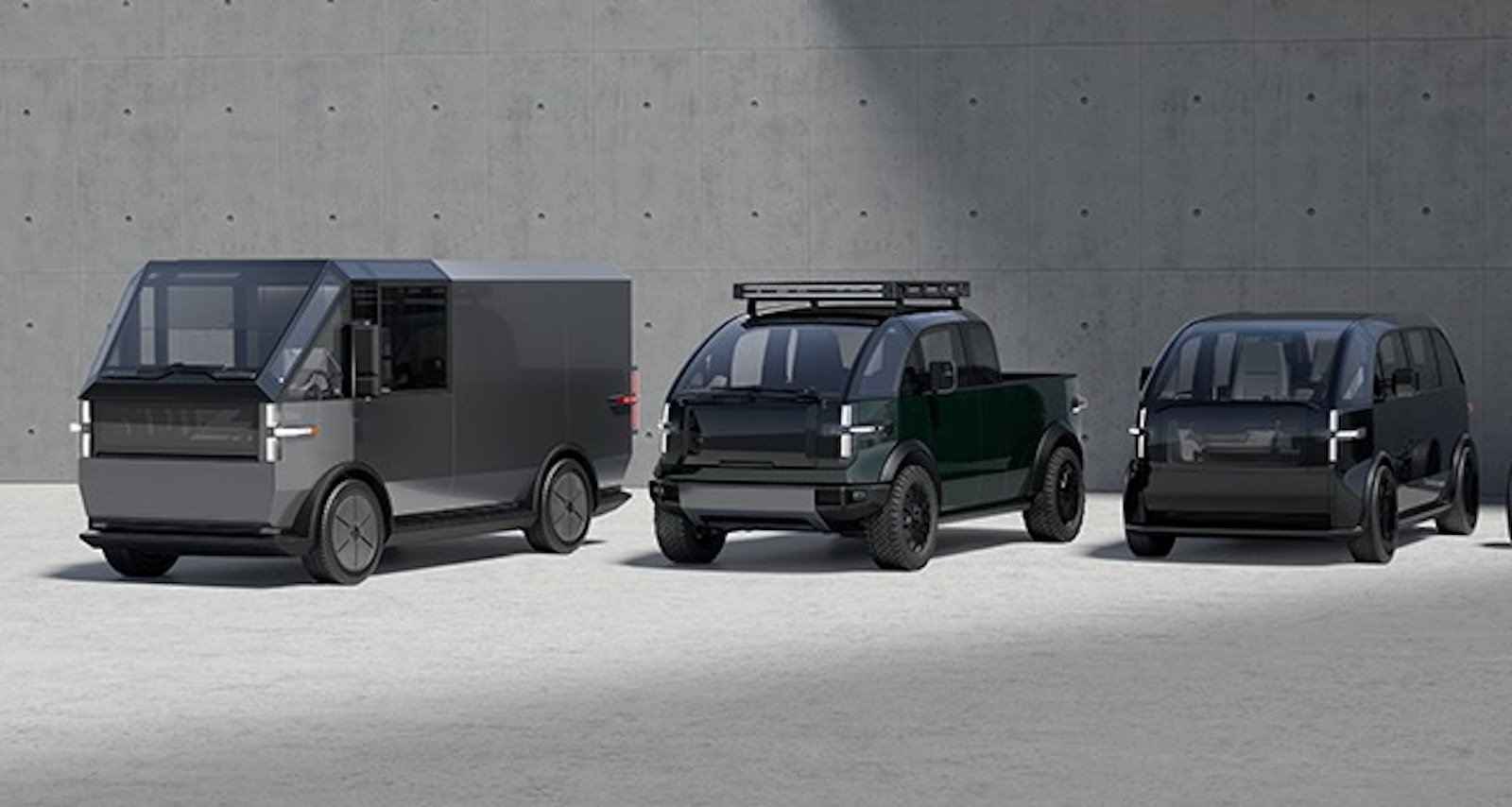
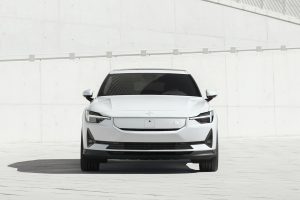

0 Comments